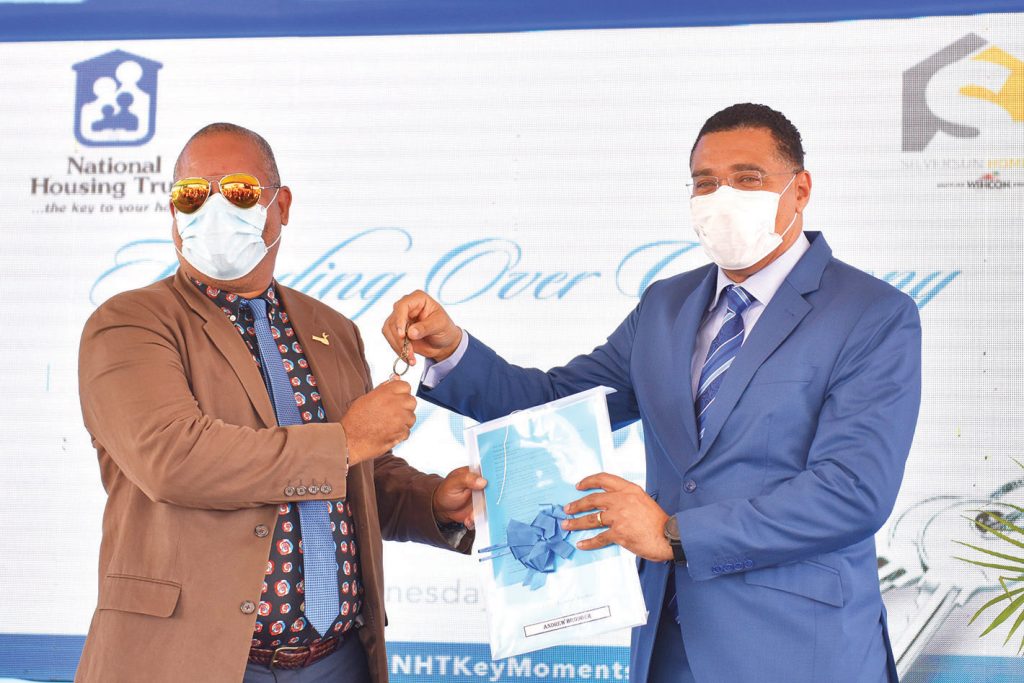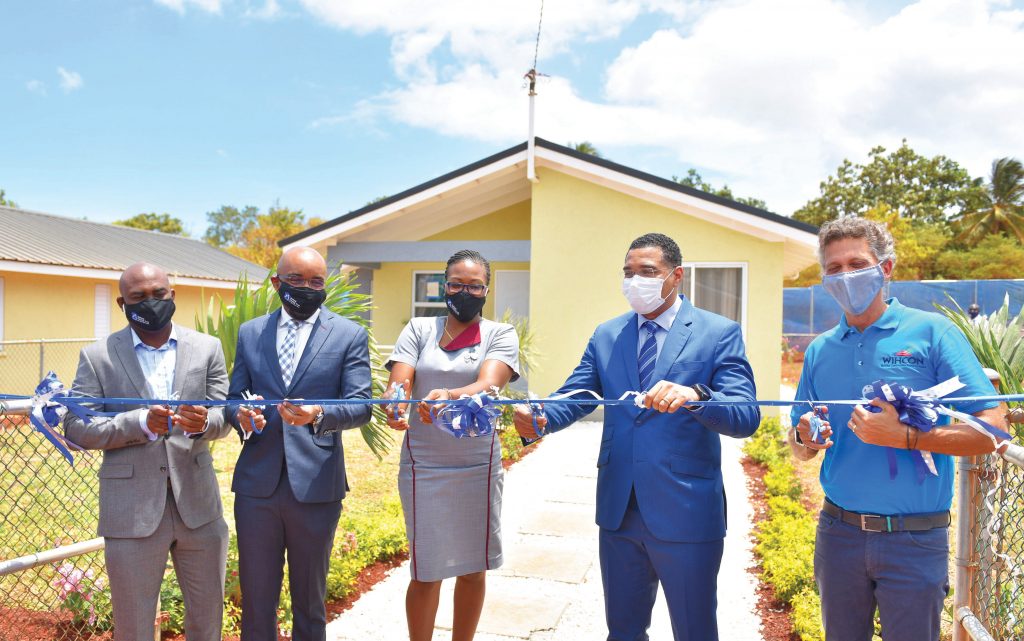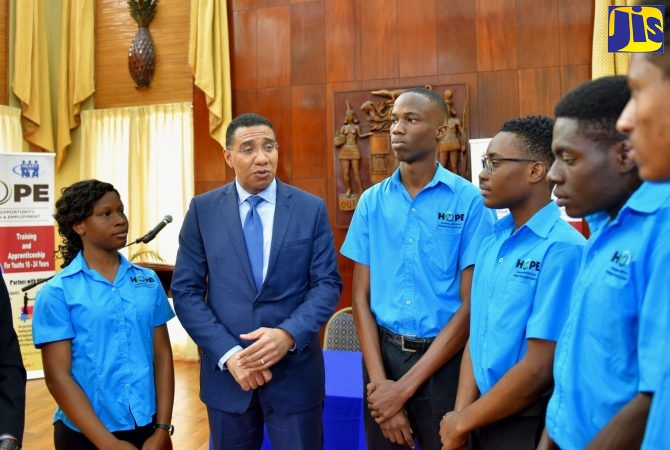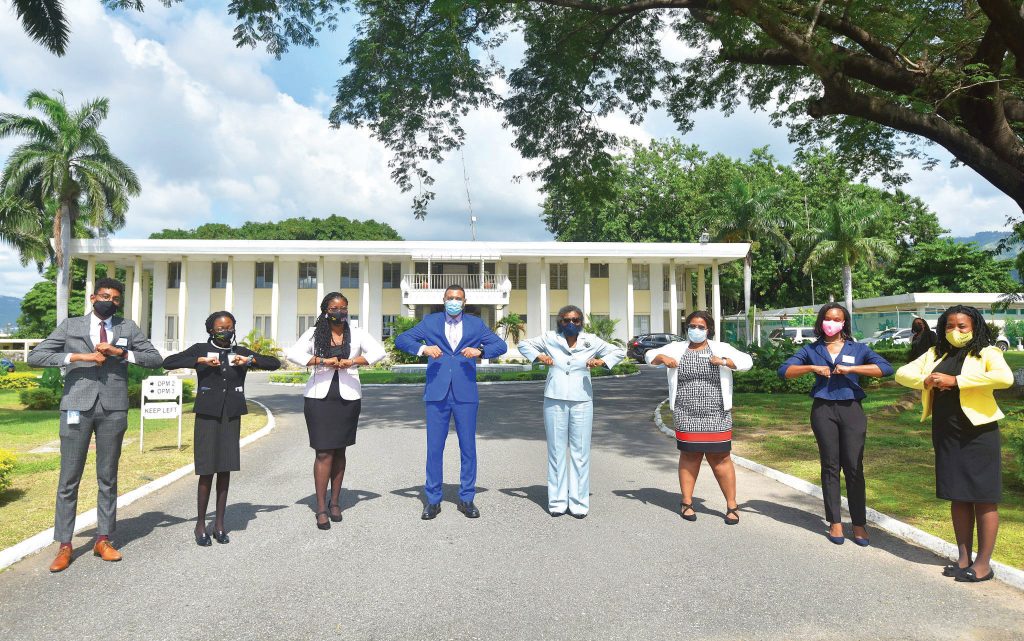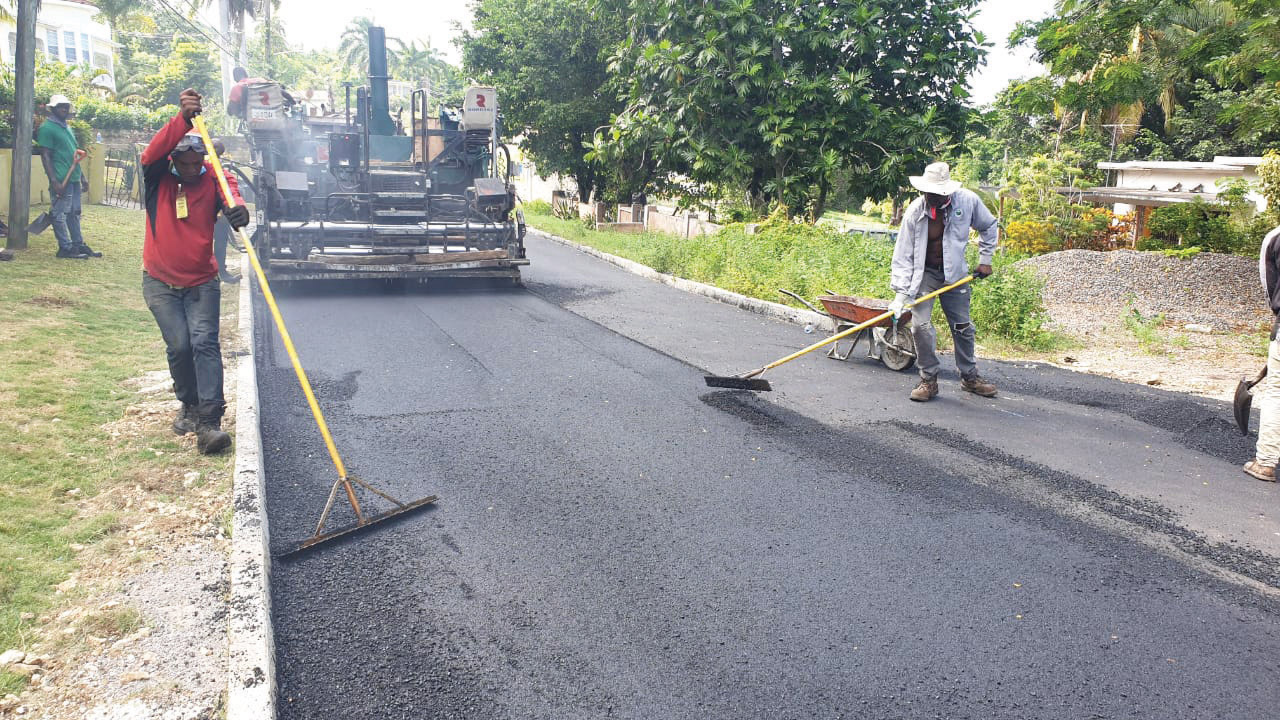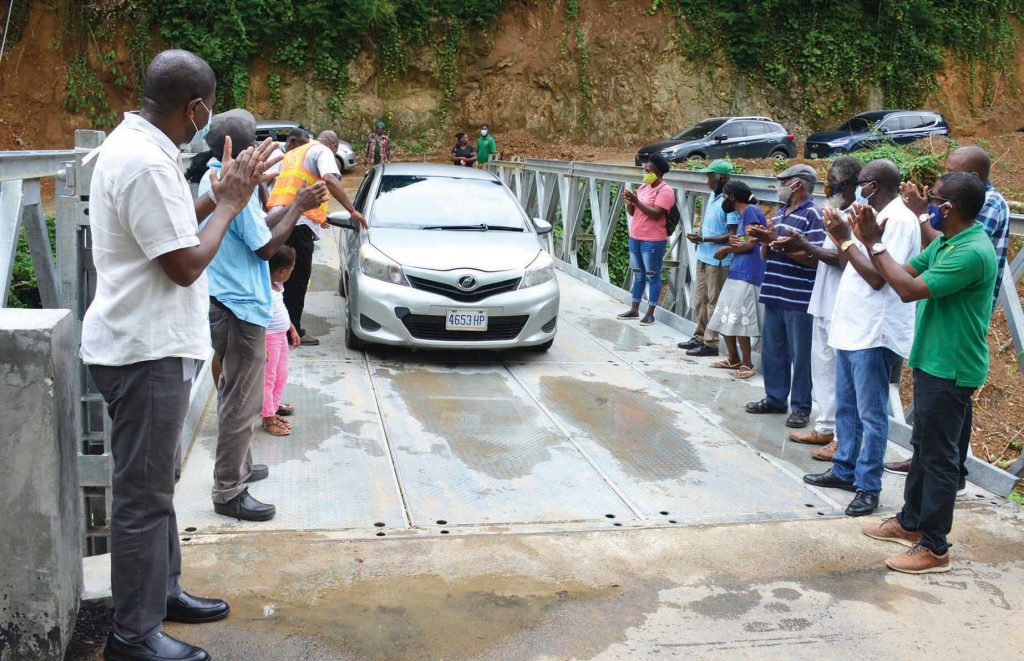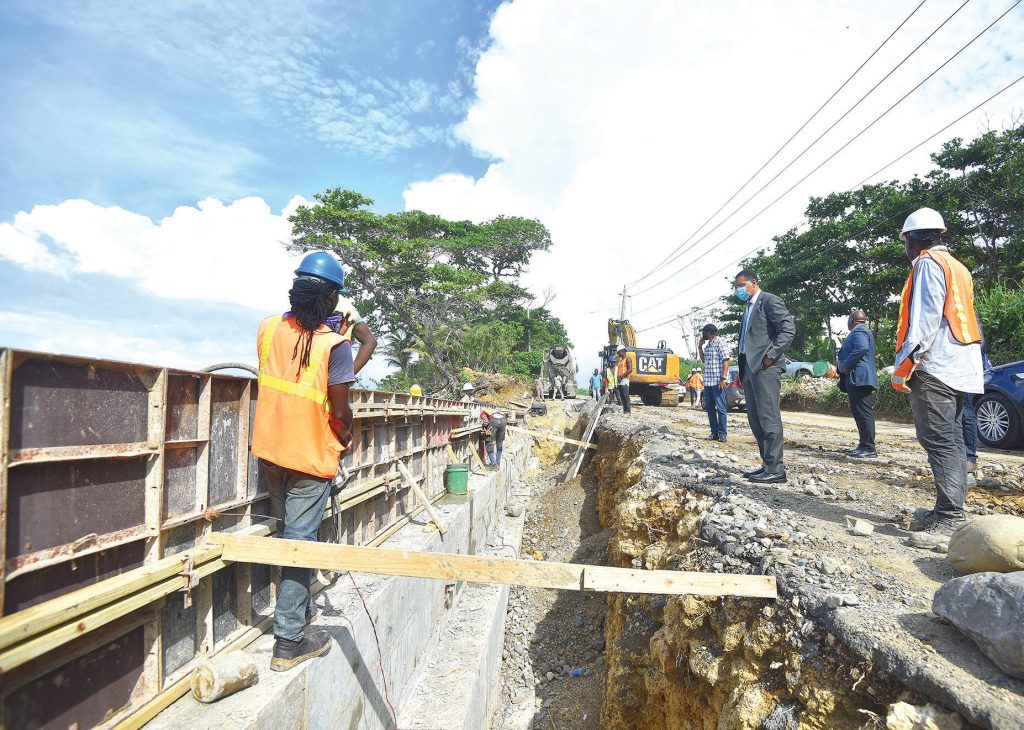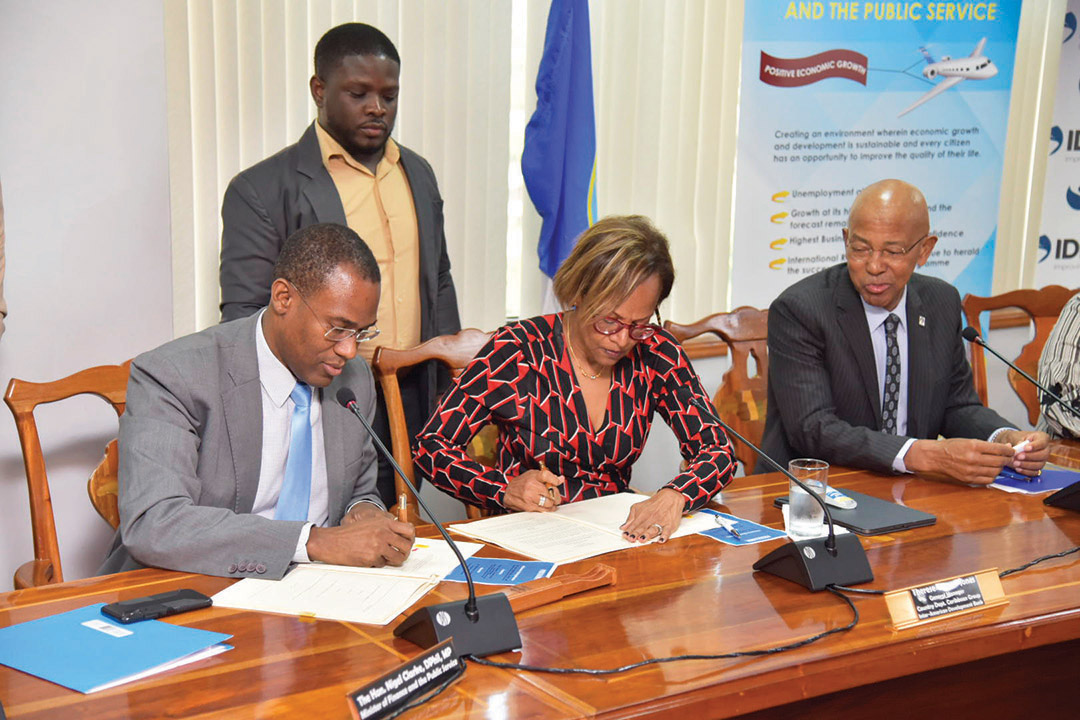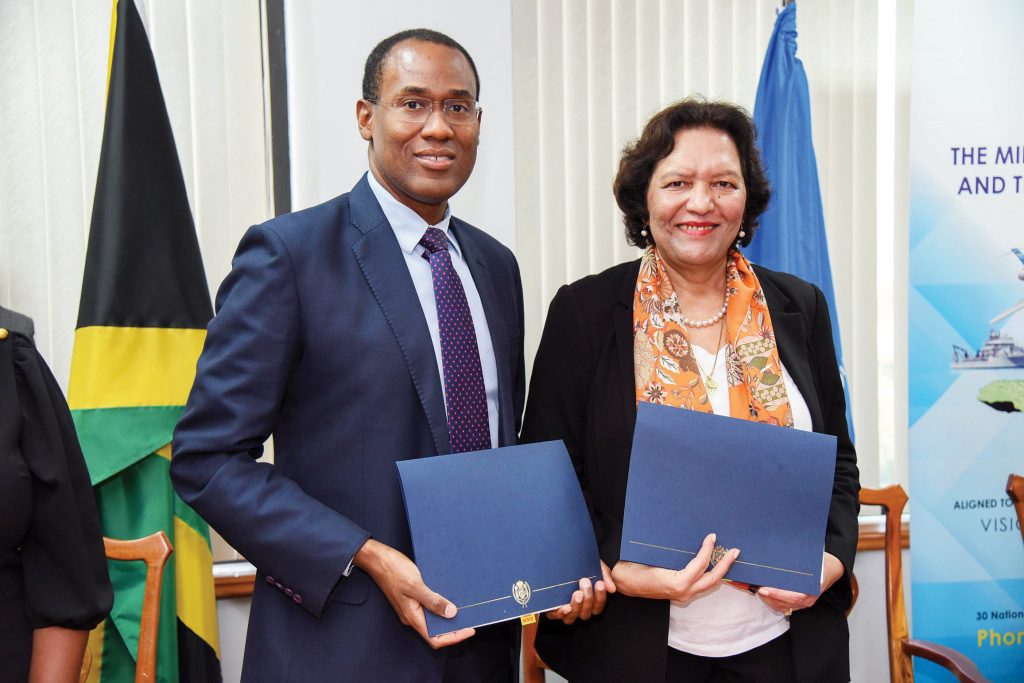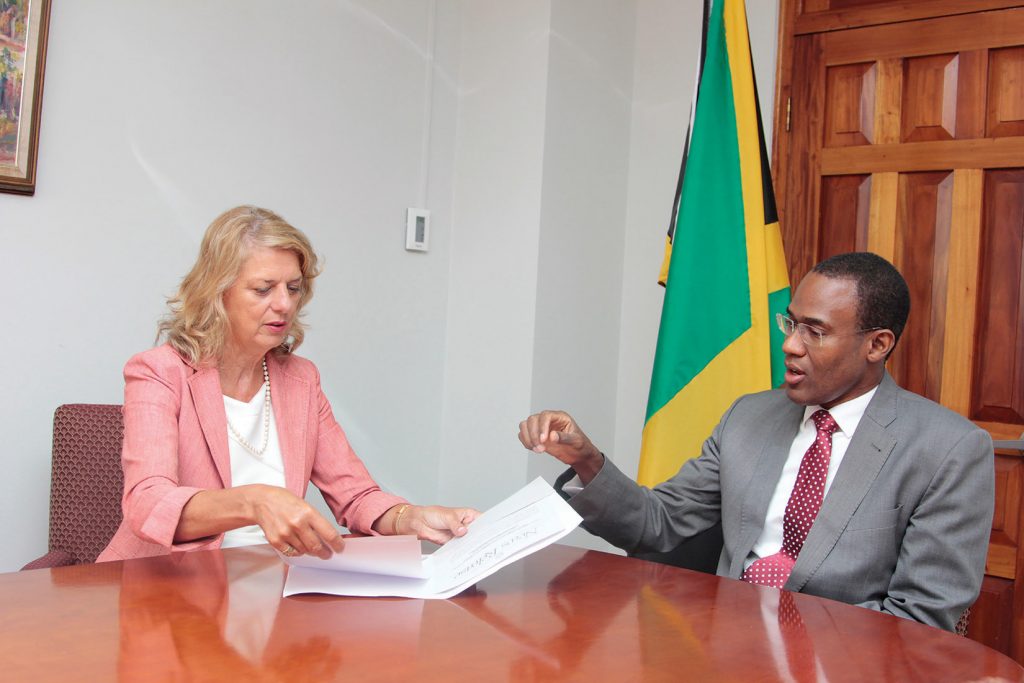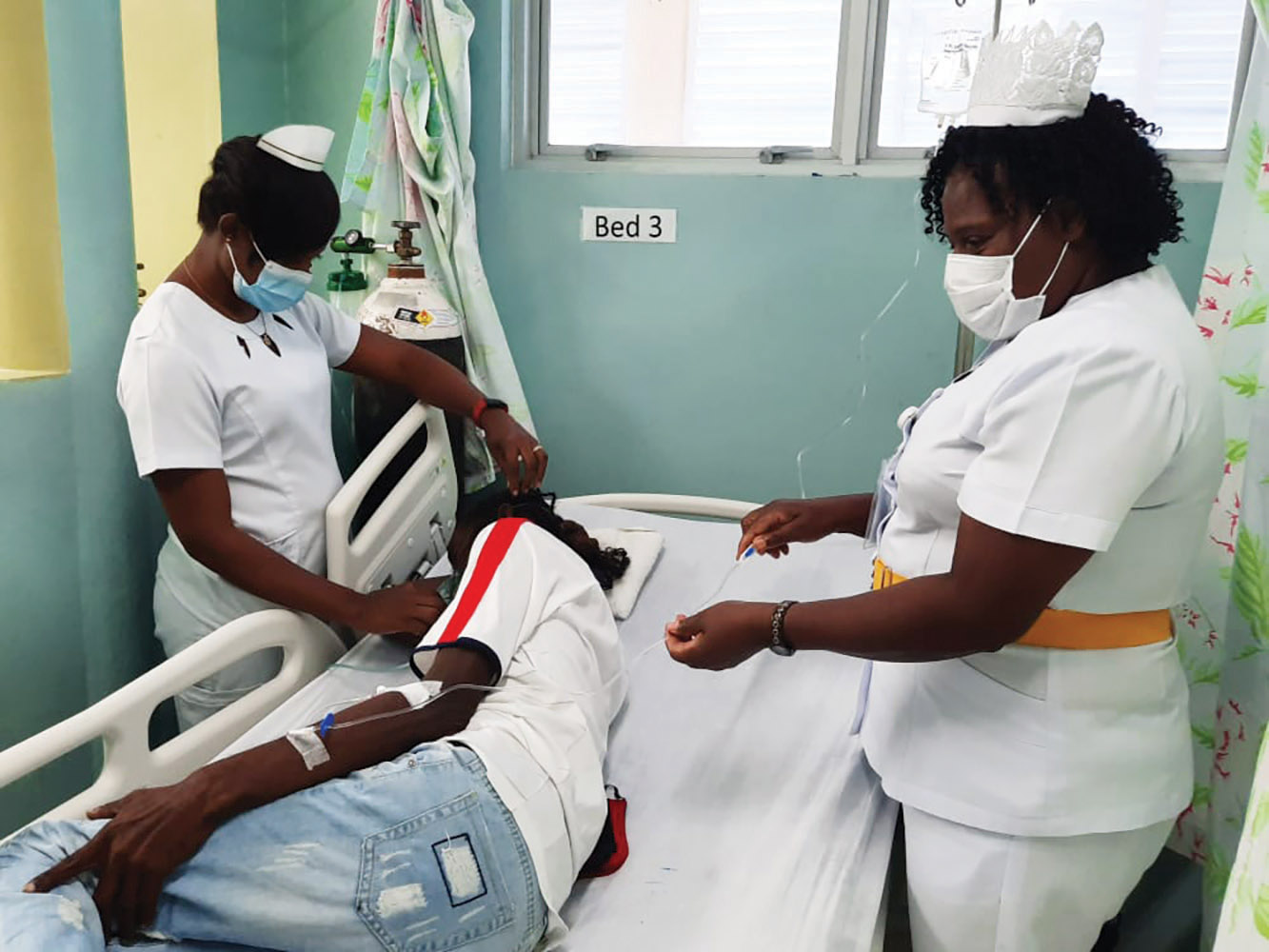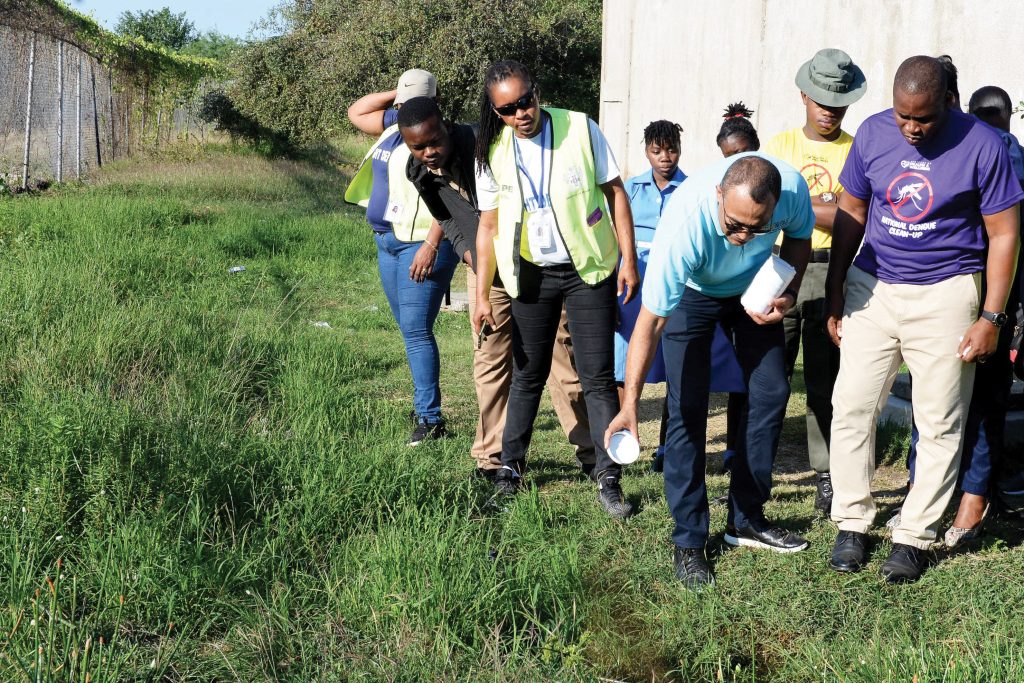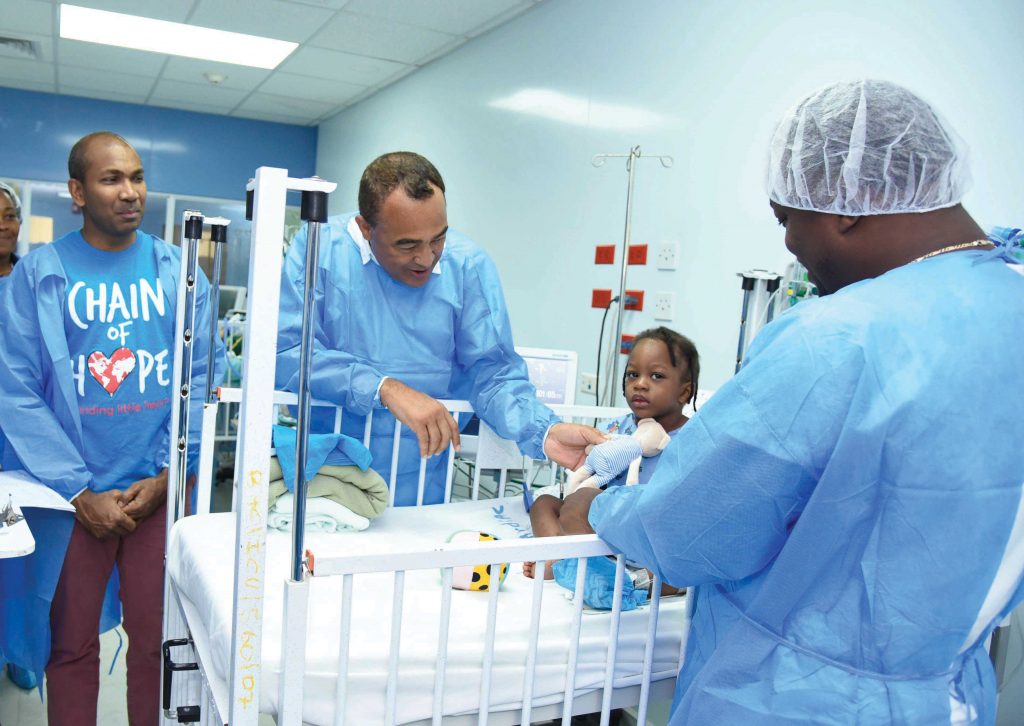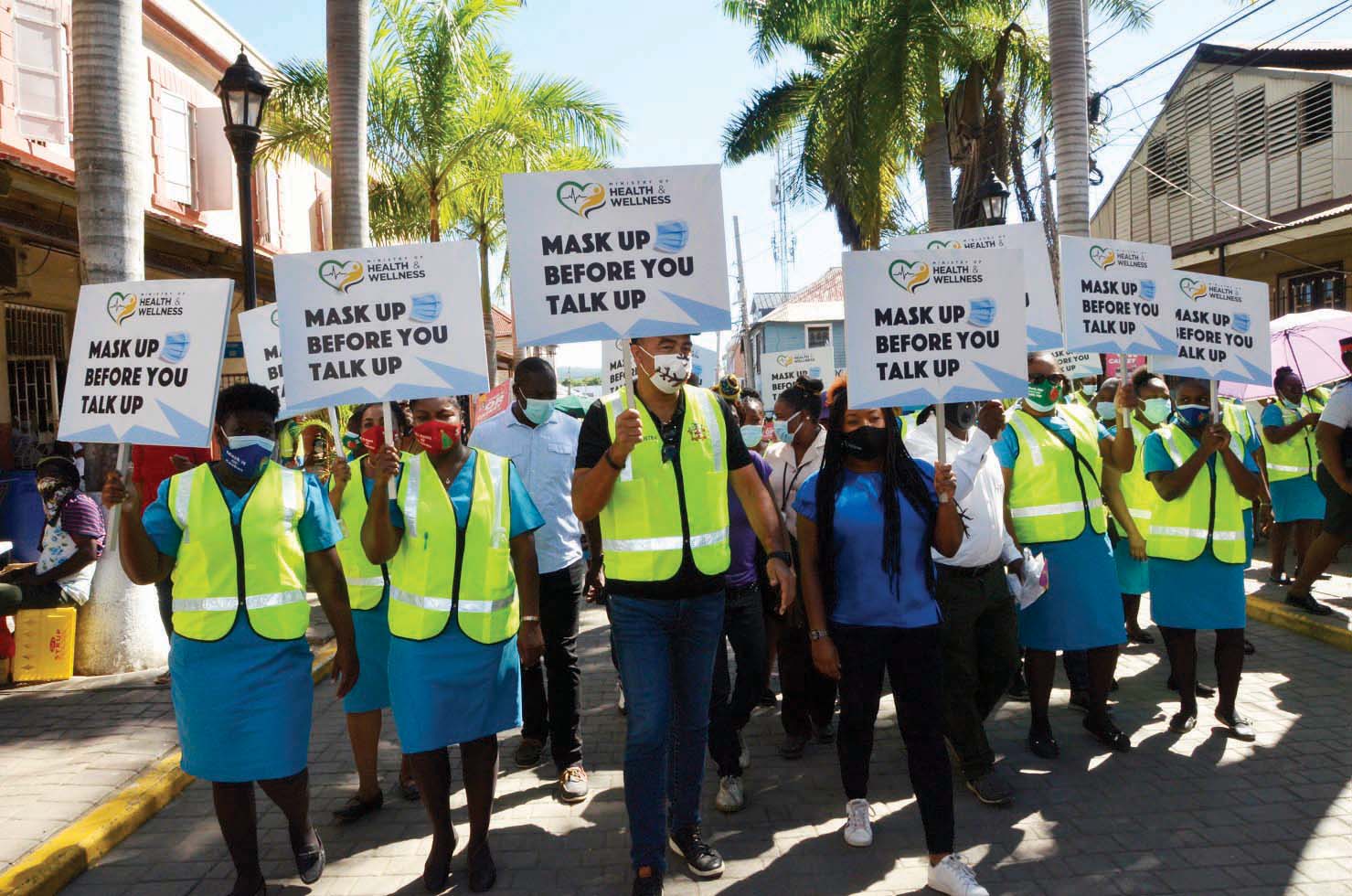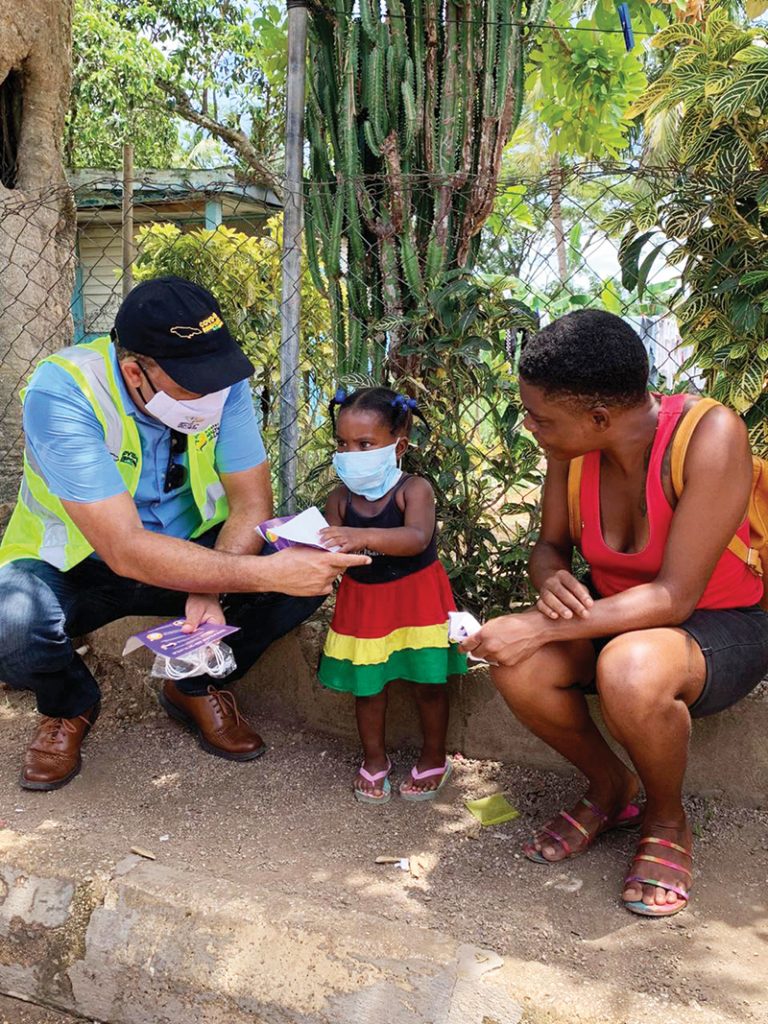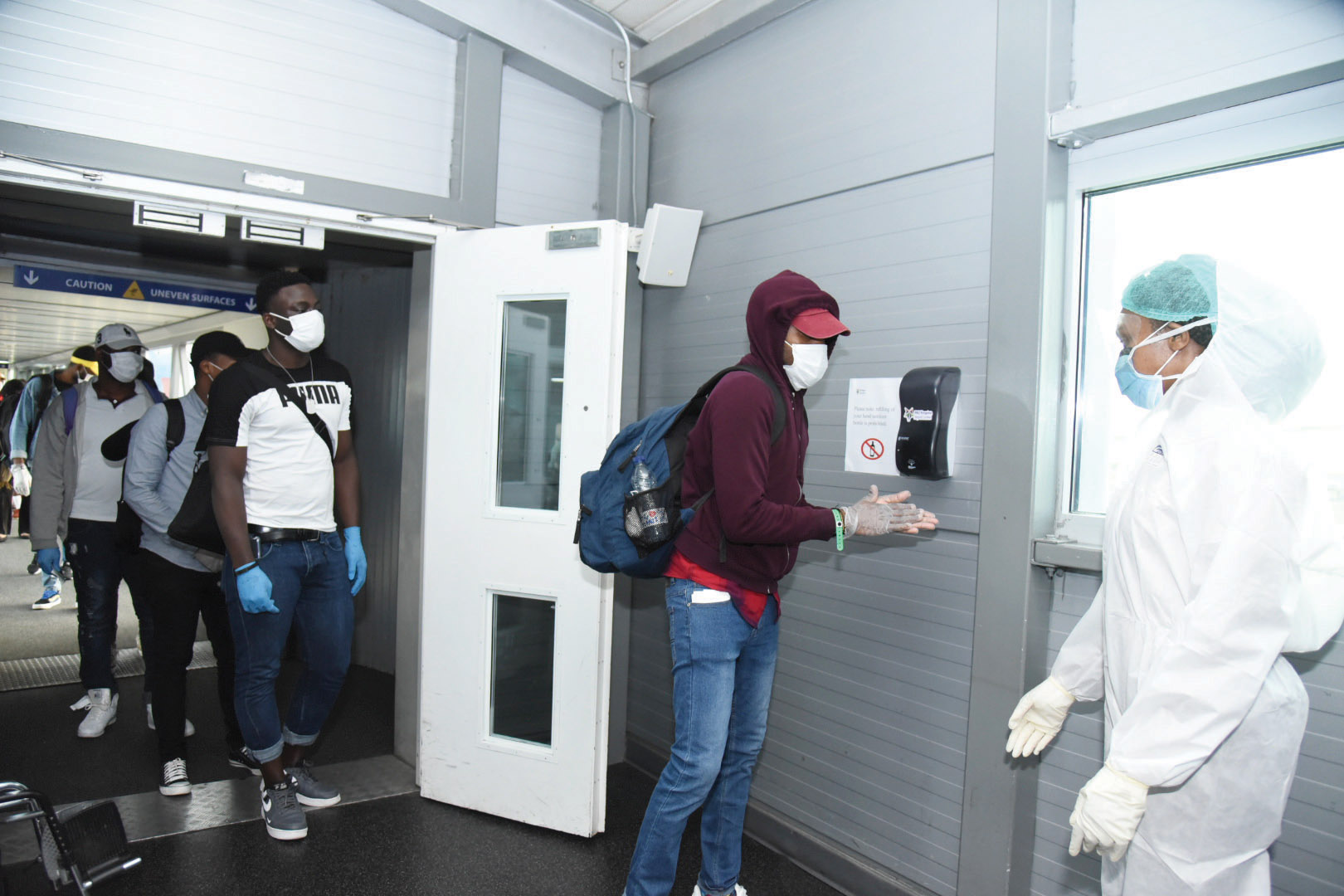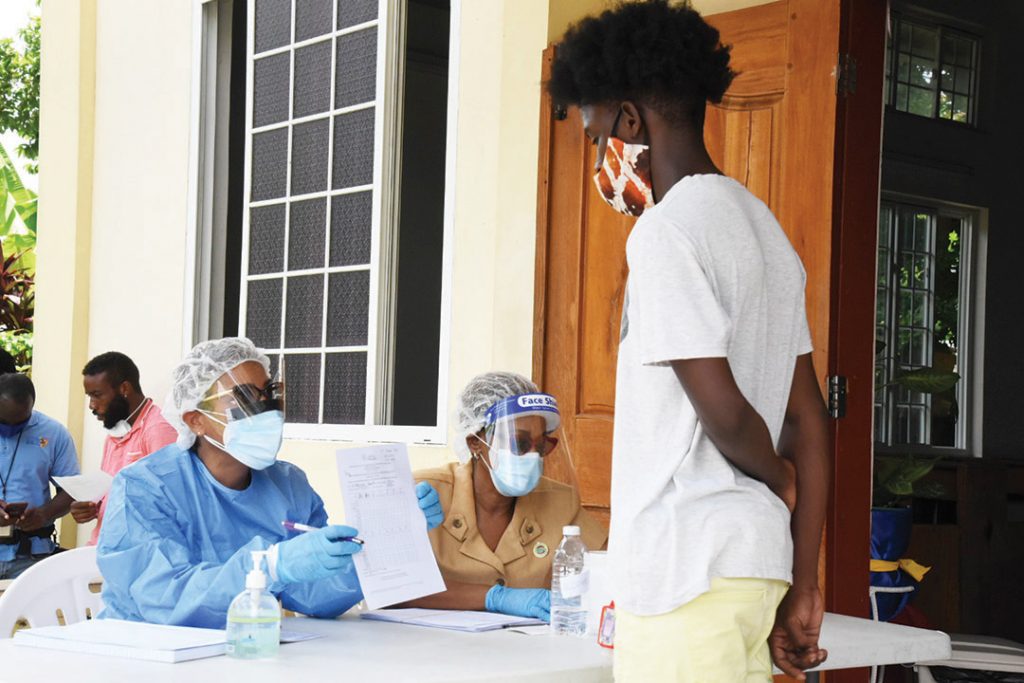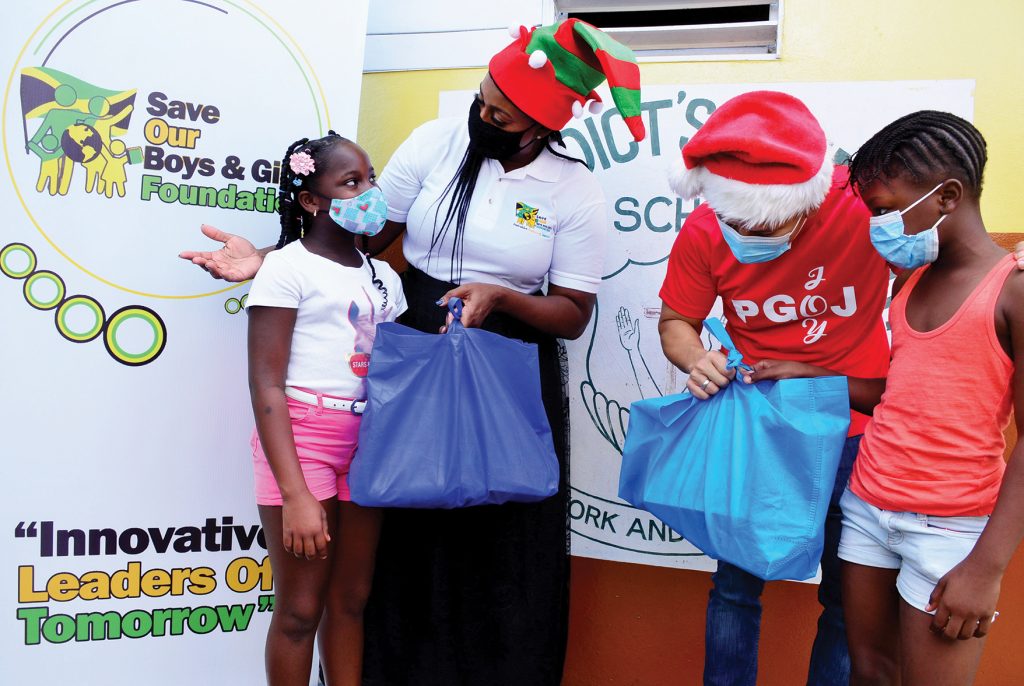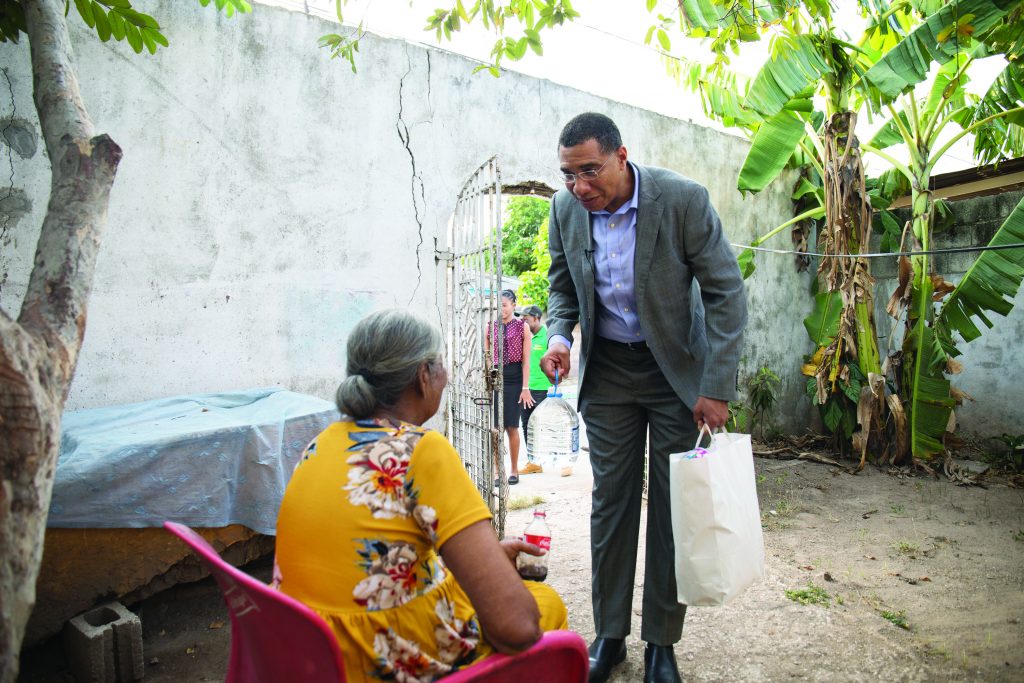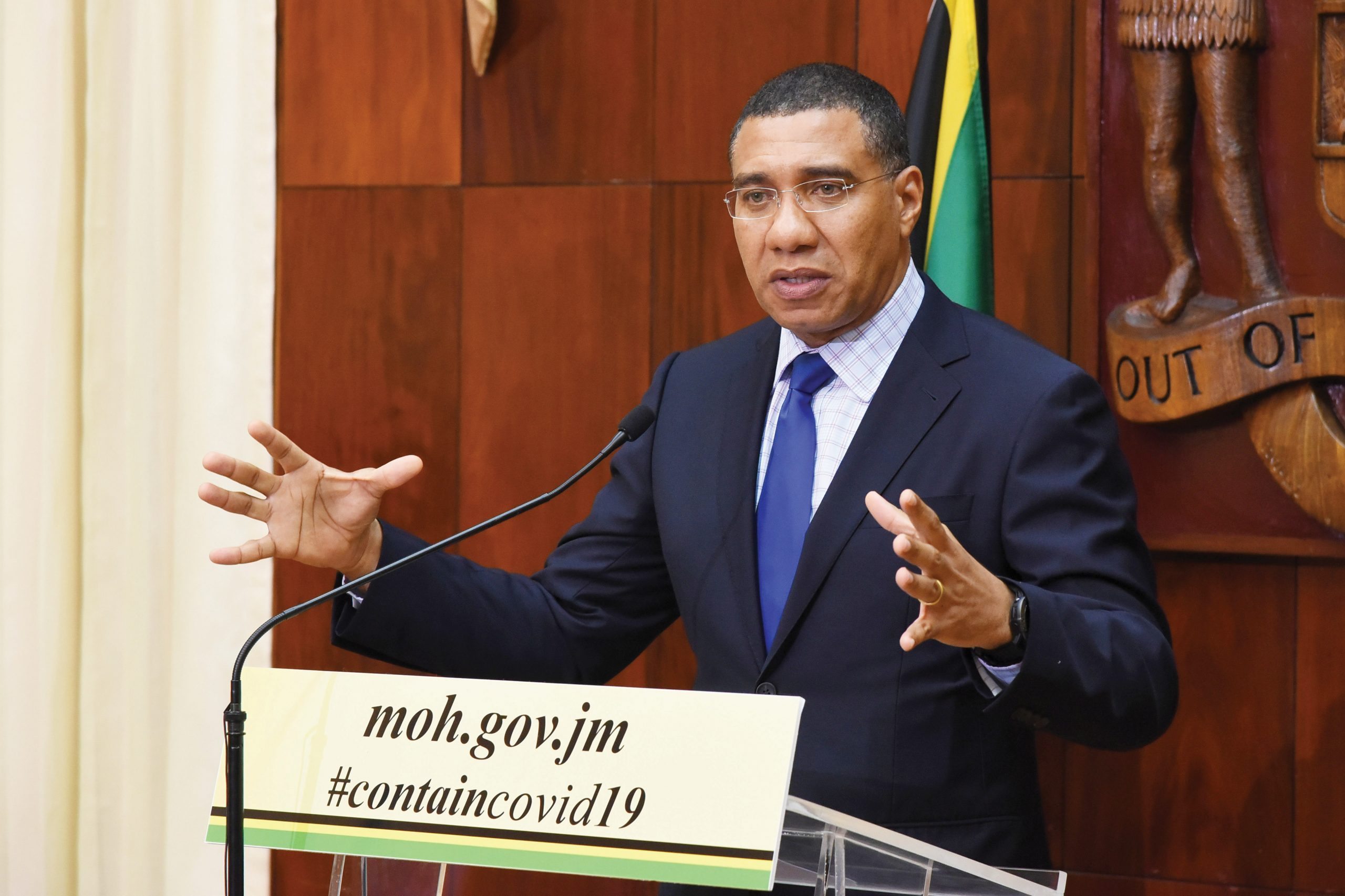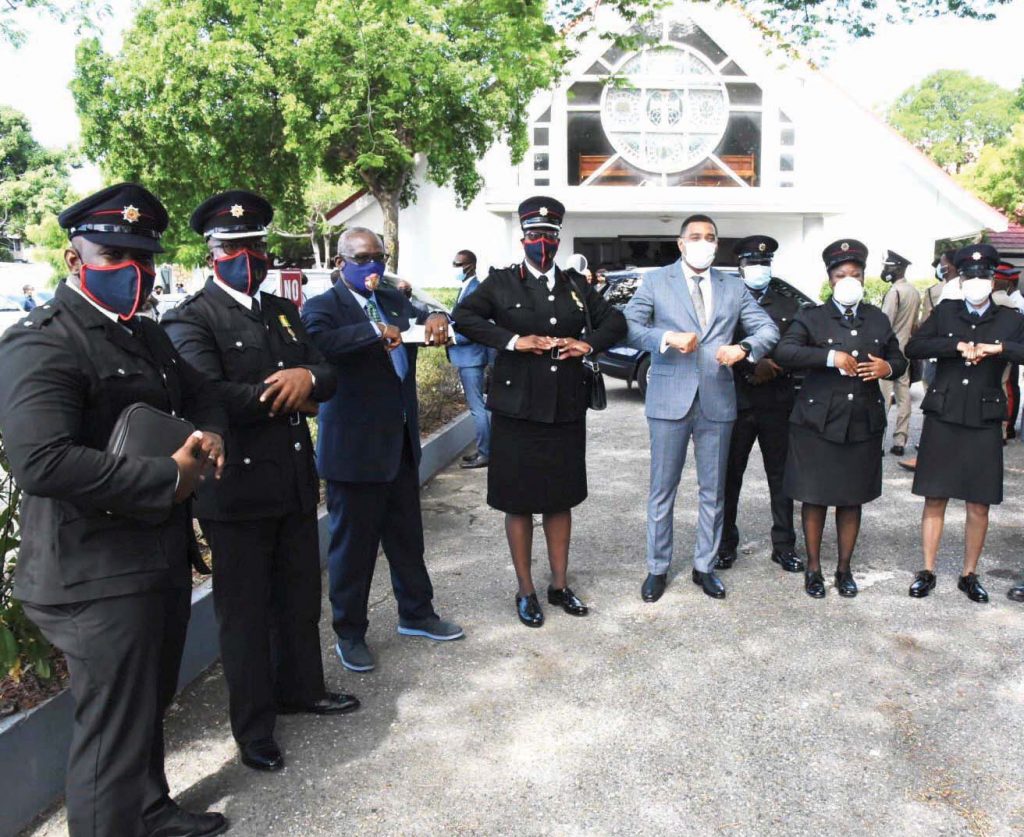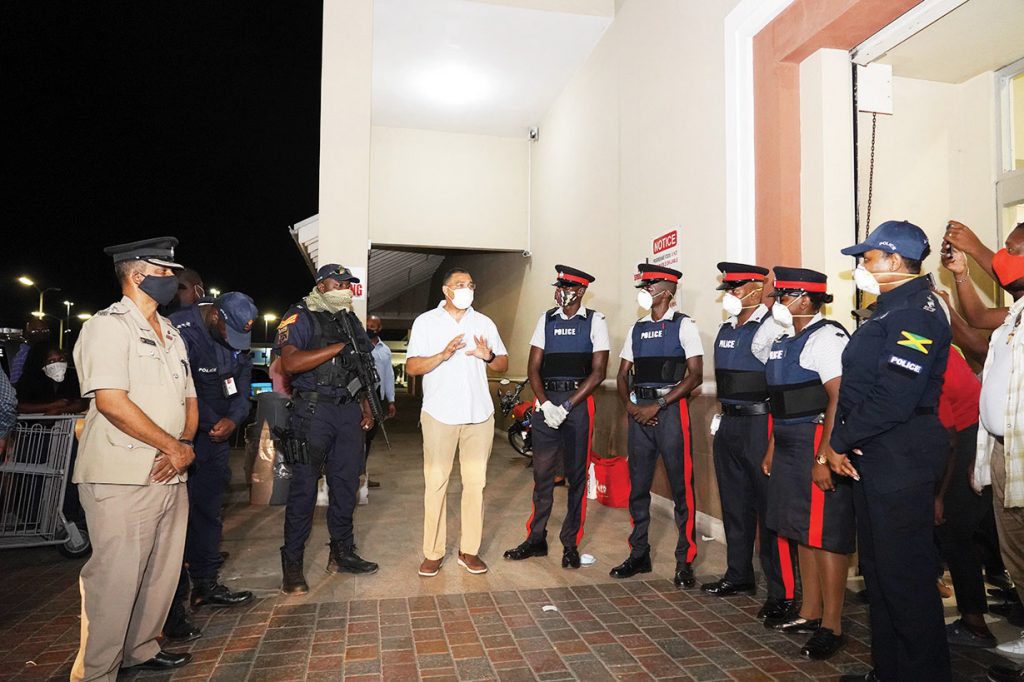The quality of life for many Jamaicans was greatly improved, as the Government continued its work to establish and upgrade water supply systems.
Water Supply Systems Commissioned
• The $400-million Claremont to Jericho Water Supply System in Hanover was commissioned into service, benefitting approximately 8,000 persons.
• The $110-million Flower Hill Water Supply System in Montego Bay, St. James, was turned on.
• A $135-million upgrading project in Portland Cottage, Clarendon,
became fully operational, bringing water to some 8,000 residents.
Other Water Supply Projects
• Ground was broken to establish the $300 million Caanan/Adelphi Water Supply System, which will benefit more than 70,000 residents.
• A total of 20 catchment tanks were renovated with capacity to hold more than 100,000 gallons of water.
• Some 38 schools were fitted with solar-powered rainwater harvesting
systems.
• Contract signed for US$13 million Portmore Co-management Non-Revenue Water (NRW) Reduction Programme.
• A US$25 million contract signed for a transmission main upgrade that will
improve the water supply between Six Miles and Blake Road in Kingston.
Drought Mitigation –
• More than 100 one-thousand-gallon storage tanks were distributed to the hardest-hit communities.
• A Drought Management Committee was established to manage
execution of the Government’s drought management plan.
NWC Discount For Customers
• NWC residential and condominium customers benefited from a 30 per cent discount on outstanding bills under the agency’s COVID-19 Assistance Programme (CAP). Commercial customers were offered a 25 per cent discount.
• Under CAP, the NWC wrote off $117 million in debt. A total of 10,607 persons took up the offer.
• The NWC waived reconnection fees for customers whose service was disconnected prior to the announcement of the first confirmed case of COVID-19 in Jamaica.




